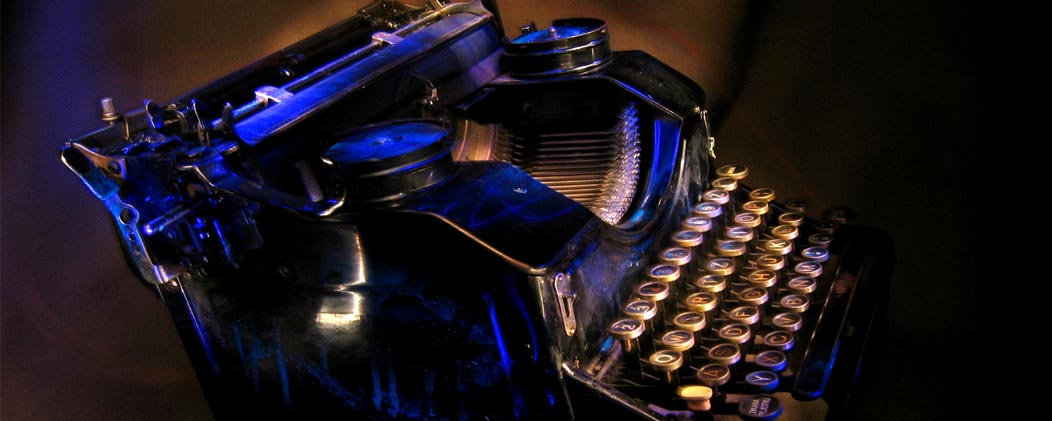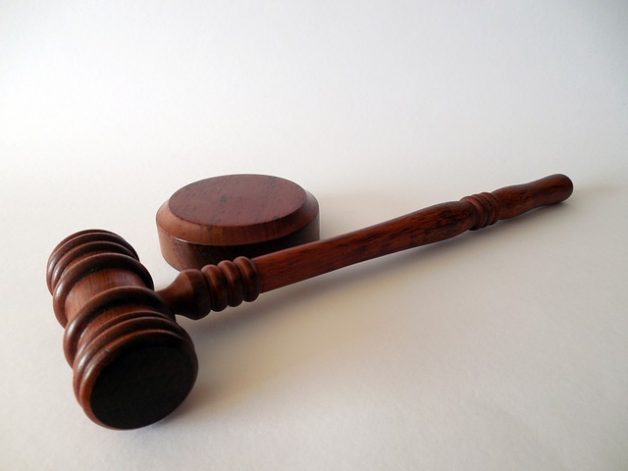It’s easy to close your eyes while listening to music and remember exactly where you were the first time you heard those magical musical notes. Music has the power to evoke memories of the sights, smells and emotions that you were going through when a certain song played.
Music has always been a powerful tool, and we frequently see cases being taken to court on the basis of copyright infringement,
Robin Thicke and Pharrell lost their battle, leaving them left to pay over $7 million to Marvin Gaye’s children. Vanilla Ice settled out of court for sampling Queen and David Bowie’s “Under Pressure” – so that the original artists were given songwriting credit and received royalties thereafter.
The Verve lost all rights to their hit song “Bittersweet Symphony,” because even though they had permission to use part of The Rolling Stones song “The Last Time,” they were later sued by the label and subsequently lost the rights to The Rolling Stones material.
And there’s more. Avril Lavigne, Rod Stewart, Coldplay and Radiohead have been to court for copyright infringements. Johnny Cash was forced to pay up. There was a battle between The Beatles and Chuck Berry over the opening lyrics of “Come Together.” After John Fogerty left Creedence Clearwater Revival he was sued for plagiarising…himself. Though he later won.
Recently, Led Zeppelin was cleared by a California judge, who sided with the band–– they had not stolen the riff from the band Spirit’s song “Taurus” for the intro to their legendary “Stairway to Heaven”.
Copyright issues certainly aren’t new. They’ve been going on for as long as the music industry has been in business, though current copyright laws don’t apply to recordings made prior to 1978.
As artists continue to innovate and come up with new ideas, there are still plenty of musicians who want to pay homage to the artists that have inspired them. But it’s a sticky situation. Which is why musicians should always obtain clearly stated permission for any samples they might wish to use.
Big artists will continue to sample (or outright steal) from smaller artists, and they will continue to settle out of court. Every once in a while we are “treated” to big names battling each other for supremacy in courtroom.
The truth is, it can be difficult to come up with entirely original ideas in music because it often feels like everything has been done. Look at how many artists make their career by covering the works of others. Check out at the YouTube channels of fledgling musicians covering songs from their favorites. Big time musicians often elect to do covers on their tours.
Much of music’s history is littered with musicians giving a nod of appreciation to other musicians. Which is why, when copyright infringement cases come along, it usually comes down to the fact that the artist who provided the original idea or inspiration is not properly acknowledged or compensated.


